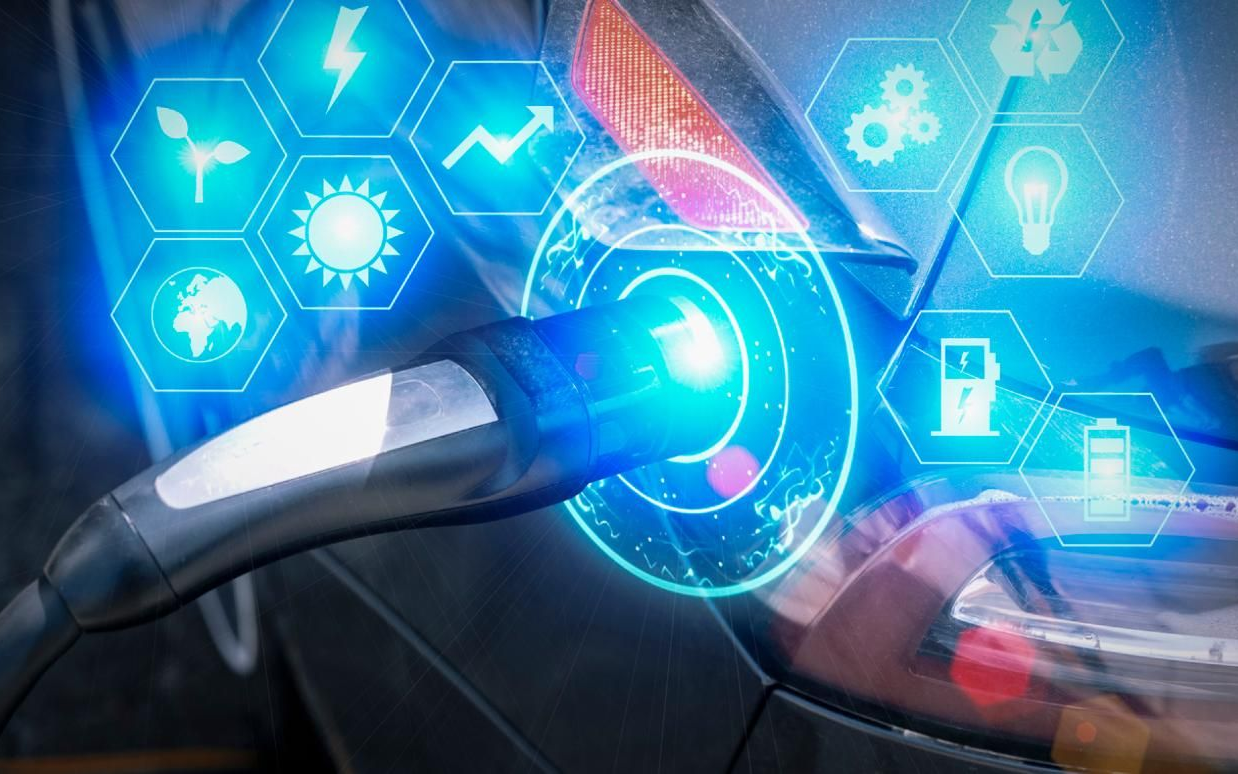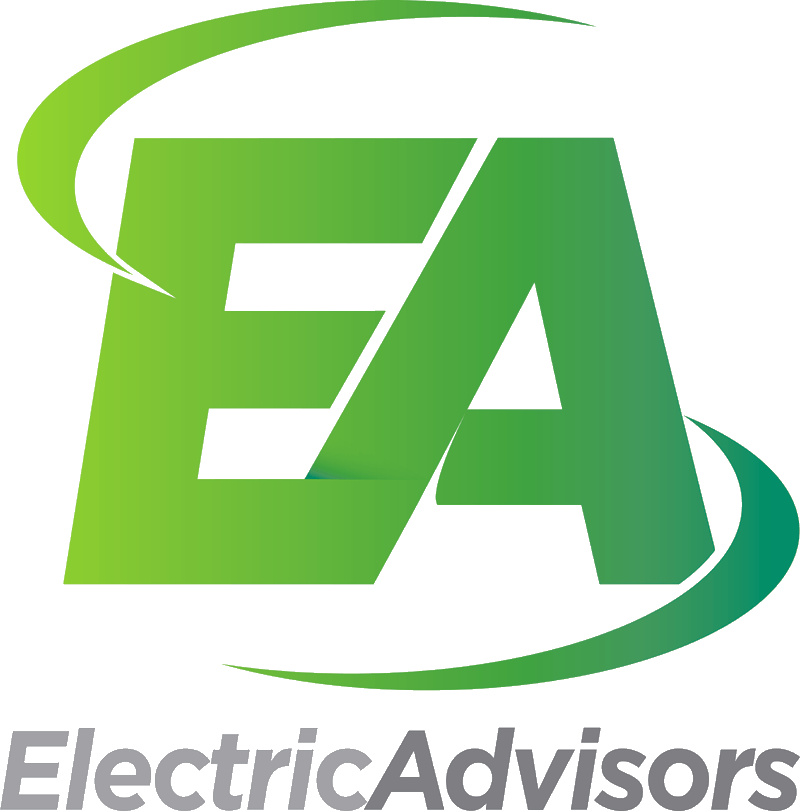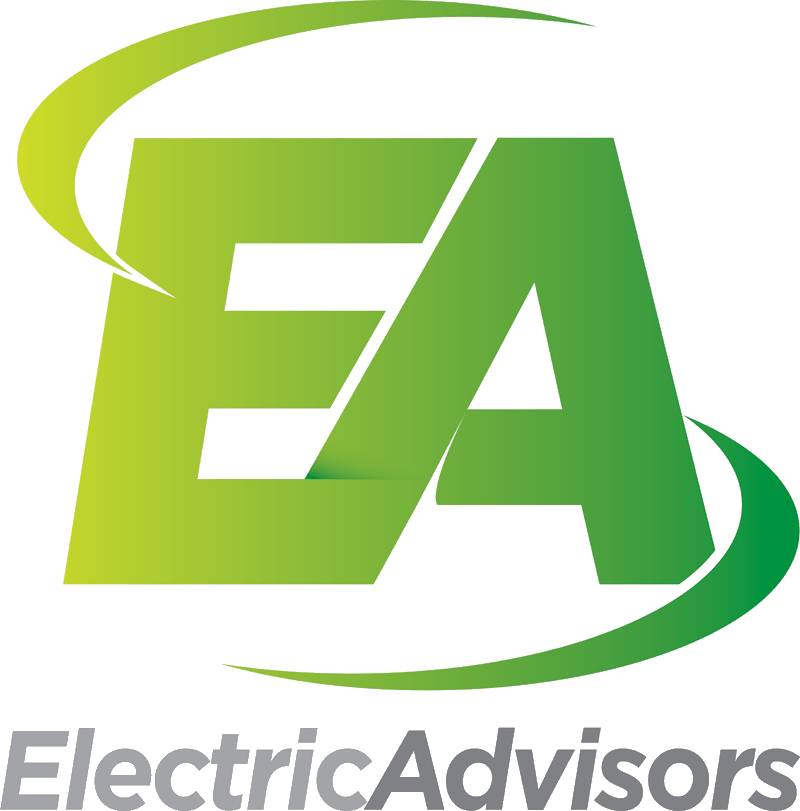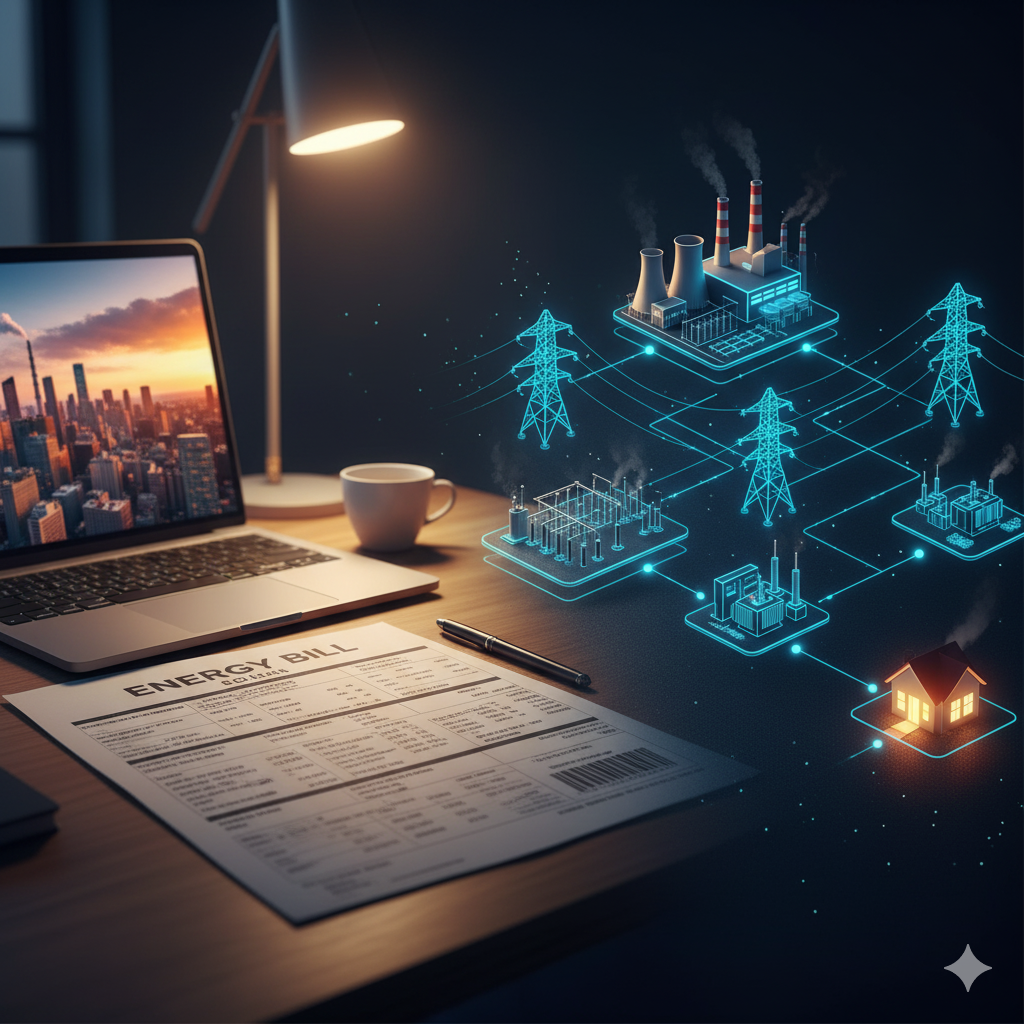Electrification: What It Means and Why It Matters for Business
Powering the Future: What Every Business Needs to Know About Electrification

Electrification is the shift from fossil-fuel-powered systems (gasoline, diesel, natural gas) to electricity. The goal? Lower emissions, higher efficiency, and future-ready operations. But the path to electrification isn’t a straight line—and it won’t be powered by renewables alone.
As electricity demand surges, the grid must be reinforced with a diverse mix of generation sources. That includes building natural gas-powered plants for flexible capacity, nuclear energy for reliable baseload power, and renewables for long-term sustainability. Businesses should understand that electrification depends on a resilient, multi-source energy strategy.
Why Businesses Care
- Cost Management: Electric systems often have lower operating and maintenance costs, but grid upgrades and fuel diversity will influence pricing.
- Sustainability Goals: A balanced energy mix helps meet ESG targets while ensuring reliability.
- Innovation Opportunities: Electrification enables new products, services, and markets—but only if the grid can support them.
Real-World Examples
Transportation
- Logistics firms are replacing diesel fleets with Electric Vehicle trucks, cutting fuel costs and emissions.
- Ride-hailing apps offer Electric Vehicle options, attracting eco-conscious customers.
Buildings
- Developers install electric heat pumps instead of gas furnaces, reducing energy bills.
- Offices adopt electric water heaters and induction cooking for greener operations.
Industry
- Manufacturers switch to electric boilers, improve efficiency, and reduce their carbon footprint.
- Food processors use electric ovens, lower energy costs, and simplify compliance.
Retail & Consumer
- Appliance brands focus on induction stoves and electric dryers for modern homes.
- Growth of Electric Vehicle charging infrastructure creates new revenue streams for retailers.
Electrification isn’t just an environmental move—it’s a strategic business advantage. But it must be built on a foundation of grid reliability, fuel diversity, and smart planning. Companies that adapt early—and understand the transitional energy mix—will lead to cost efficiency, compliance, and innovation.




